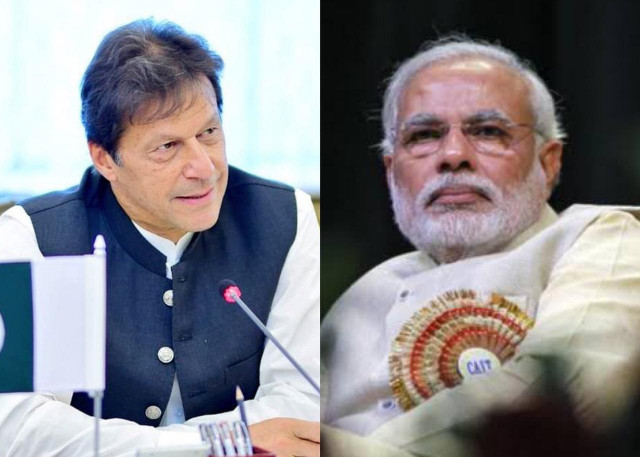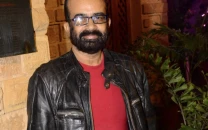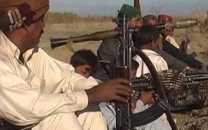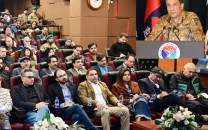Islamabad refuses backdoor talks with New Delhi
Islamabad turns down global powers’ request to engage in backdoor diplomacy with New Delhi

File photos of PM Imran Khan [L] and Indian Premier Narendra Modi [R]. PHOTO: PIT/ Reuters
Prime Minister Imran Khan was also requested to tone down his verbal attacks on his Indian counterpart Narendra Modi in which he equated him with Adolf Hitler.
However, Pakistan has turned down the requests and made it clear that it would only engage with India through quiet or conventional diplomacy after New Delhi was persuaded to meet certain conditions, officials privy to the development told The Express Tribune.
These conditions include lifting of the curfew and other restrictions imposed in Indian Occupied Kashmir (IOK), a day before India stripped the disputed region of its special status on August 5.
When the deputy foreign minister of Saudi Arabia and the foreign minister of UAE travelled together to Islamabad on September 3, they came with a 'message' on behalf of their leadership as well as some other powerful countries urging Pakistan to engage in backchannel diplomacy with India.
Saudi Deputy Foreign Minister Adel Al-Jubeir and UAE Foreign Minister Abdullah bin Al-Nahyan met both Prime Minister Imran Khan and Chief of Army Staff General Qamar Javed Bajwa during their daylong trip. They also held a meeting with Foreign Minister Shah Mehmood Qureshi and other senior officials.
"The discussions were so confidential that only top officials of the foreign ministry were allowed to sit in those meetings," an official told The Express Tribune requesting anonymity.
According to the official, both the Saudi and UAE diplomats conveyed their willingness to play a role in defusing tensions between Pakistan and India. One of the proposals on the table was to encourage both countries to hold backdoor talks with each other.
While the international interlocutors were willing to persuade India to ease some of the restrictions imposed in IOK, they requested Pakistan to stop targeting Modi.
Since August 5, Prime Minister Imran has repeatedly targeted the Indian prime minister, questioning his links with Hindu extremist organisation Rashtriya Swayamsevak Sangh (RSS) and even equating him with Hitler.
The Indian prime minister, during one of his telephonic conversations with US President Donald Trump, complained about PM Imran's blistering verbal attacks on him.
While those international efforts helped prevented any serious escalation in tensions as also mentioned by President Trump recently, Pakistan refused to agree to any kind of engagement with India.
After the Pulwama incident that led the two countries on the brink of war, Pakistan, with the help of international players, engaged with India through backchannels to prevent further escalation in tensions. But this time, Pakistan has made it clear that it would not engage in a dialogue with India unless there was a third party intervention and guarantees.
Foreign Office spokesperson Dr Muhammad Faisal, at his last weekly briefing, had categorically said there was no backdoor diplomacy under way with India to normalise the situation.
Pakistan's tougher stance is aimed at capitalising the positive momentum it has gained in Kashmir diplomacy. The opinion within the power corridors is that Pakistan should continue with this approach during the upcoming UN General Assembly session in New York.
PM Imran has already announced that in his address on September 27 at the UNGA session, he would expose India’s illegal move in occupied Kashmir.
But at the same time, international players have not yet given up efforts to encourage both sides to open some channels of communication.
The issue of Kashmir will certainly figure prominently during PM Imran’s two-day trip to Saudi Arabia that will start from September 19.
His visit is seen as significant against the backdrop of the ongoing tensions between Pakistan and India. Saudi Crown Prince Muhammad Bin Salman has spoken with PM Imran at least four times on the phone since August 5.
Given the Saudi crown prince's close ties with both Imran and Modi, he is likely to offer his 'good offices' to reduce tensions between the two neighbours.



















COMMENTS
Comments are moderated and generally will be posted if they are on-topic and not abusive.
For more information, please see our Comments FAQ